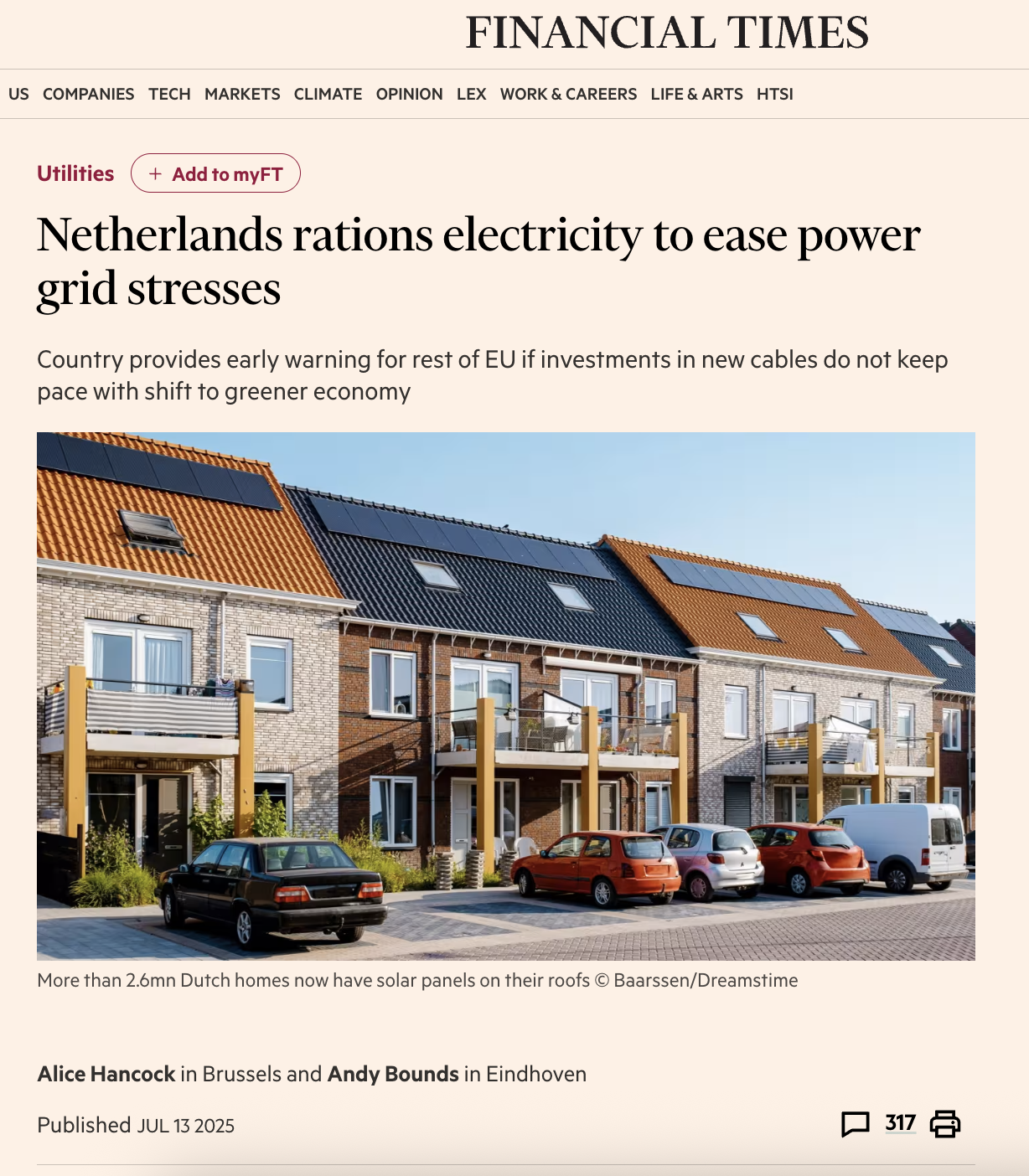Net Zero Samizdat
The world’s best climate & energy policy bulletin11 April 2023

1) Climate science shock: Methane’s unexpected cooling impact unveiled
SciTech Daily, 9 April 2023
2) Skepticism of climate doomsday predictions swells since Musk’s takeover of Twitter
Cowboy State Daily, 11 April 2023
3) Europe’s growing revolt over Net Zero mandates
Duggan Flanakin, Real Clear Energy, 10 April 2023
4) Chinese tech companies are exploiting US green energy goals, former State Department officials warn
Fox News, 10 April 2023
5) Political climate change: Two thirds of Germans against shutting down last nuclear power plants at this point – survey
Clean Energy Wire, 11 April 2023
6) Andrew Orlowski: Net zero subsidies are a disaster for Britain
The Daily Telegraph, 10 April 2023
Daily Mail, 10 April 2023
Forbes, 8 April 20239) Andrew Montford: The OBR’s curious predictions
1) Climate science shock: Methane’s unexpected cooling impact unveiled
SciTech Daily, 9 April 2023

Most climate models do not yet account for a new University of California, Riverside discovery: methane traps a great deal of heat in Earth’s atmosphere, but also creates cooling clouds that offset 30% of the heat.
Greenhouse gases like methane create a kind of blanket in the atmosphere, trapping heat from Earth’s surface, called longwave energy, and preventing it from radiating out into space. This makes the planet hotter.
“A blanket doesn’t create heat, unless it’s electric. You feel warm because the blanket inhibits your body’s ability to send its heat into the air. This is the same concept,” explained Robert Allen, UCR assistant professor of Earth sciences.
In addition to absorbing longwave energy, it turns out methane also absorbs incoming energy from the sun, known as shortwave energy. “This should warm the planet,” said Allen, who led the research project. “But counterintuitively, the shortwave absorption encourages changes in clouds that have a slight cooling effect.”

This effect is detailed in the journal Nature Geoscience, alongside a second finding that the research team did not fully expect. Though methane generally increases the amount of precipitation, accounting for the absorption of shortwave energy suppresses that increase by 60%.
Both types of energy — longwave (from Earth) and shortwave (from sun) — escape from the atmosphere more than they are absorbed into it. The atmosphere needs compensation for the escaped energy, which it gets from heat created as water vapor condenses into rain, snow, sleet, or hail.
“Essentially, precipitation acts as a heat source, making sure the atmosphere maintains a balance of energy,” said study co-author Ryan Kramer, a researcher at NASA Goddard Space Flight Center and the University of Maryland, Baltimore County.
Methane changes this equation. By holding on to energy from the sun, methane is introducing heat the atmosphere no longer needs to get from precipitation.
Additionally, methane shortwave absorption decreases the amount of solar radiation reaching Earth’s surface. This in turn reduces the amount of water that evaporates. Generally, precipitation and evaporation are equal, so a decrease in evaporation leads to a decrease in precipitation.
“This has implications for understanding in more detail how methane and perhaps other greenhouses gases can impact the climate system,” Allen said. “Shortwave absorption softens the overall warming and rain-increasing effects but does not eradicate them at all.”
The research team discovered these findings by creating detailed computer models simulating both longwave and shortwave methane effects. Going forward, they would like to conduct additional experiments to learn how different concentrations of methane would impact the climate.
Scientific interest in methane has increased in recent years as levels of emissions have increased. Much comes from industrial sources, as well as from agricultural activities and landfill. Methane emissions are also likely to increase as frozen ground underlying the Arctic begins to thaw.
“It’s become a major concern,” said Xueying Zhao, UCR Earth and planetary sciences Ph.D. student and study co-author. “We need to better understand the effects all this methane will bring us by incorporating all known effects into our climate models.”
Kramer echoes the need for further study. “We’re good at measuring the concentration of greenhouse gases like methane in the atmosphere. Now the goal is to say with as much confidence as possible what those numbers mean to us. Work like this gets us toward that goal,” he said.
Reference: “Surface warming and wetting due to methane’s long-wave radiative effects muted by short-wave absorption” by Robert J. Allen, Xueying Zhao, Cynthia A. Randles, Ryan J. Kramer, Bjørn H. Samset and Christopher J. Smith, 16 March 2023, Nature Geoscience. DOI: 10.1038/s41561-023-01144-z


